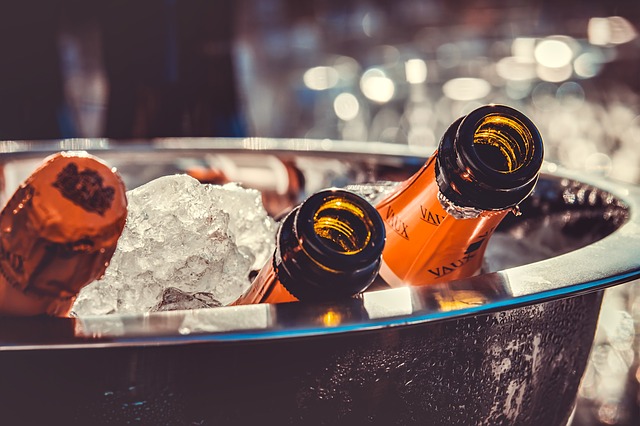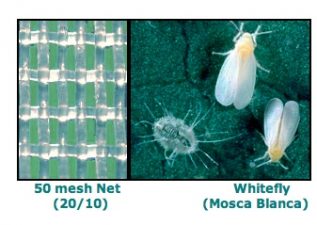The world has been feeling the effects of global warming on food crops for a couple of decades already. Wheat and corn harvests are diminishing all over the planet, due to extreme weather changes and pests that thrive in heat. Laurie Balbo showed us some grim predictions about the future of our daily drug of choice: coffee. But how about…champagne?
Elin McCoy reports from France to Bloomberg that winemakers in France’s Champagne country are worried about damage that longer, warmer days and nights are inflicting on their grapes. Vines are budding early, which makes the buds vulnerable to destructive spring frosts and hail. New insect and fungal infestations threaten the health of the vines. Equally worrisome, the fruit matures early, with loss of the precious acidity that creates the characteristic crisp, fresh taste of champagne.
How are the Champagne winemakers coping?
Some are working with the wines themselves, storing new vintages in magnum bottles (which hold 1.5 liters, as opposed to the standard .75 ml. bottle) to conserve fresh flavor. Or not allowing the wine to undergo a second fermentation in the barrel, which some winemakers allow, but which “softens” the appreciated fresh flavor edge.
And some are working in the vineyards with biodynamic methods such as mulching the soil with straw to encourage native micro-organisms. These microbial flora living on the vines influence many of the grapes’ characteristics, including size, color, and flavor. Some Champagne farmers are pruning the vines less drastically, to create a leafier, more favorable micro-climate for the grapes. Those using the biodynamic farming methods of Rudolph Steiner are seeing improved pest, weed, and disease control, as well as greater resistance to heat.
The French National Institute for Agricultural Research, with the Comité Interprofessionnel du vin de Champagne (the government organisation controlling champagne production and trade) are growing experimental hybrid grapes with stronger heat resistance and the sought-after acidity. It’s not yet known how well wines from the new grapes will age. As champagne, according to regulations, must age between 1.5 -3 years in the bottle, it may take a considerable length of time to find out.
With France’s efforts, there’s hope that legitimate Champagne wines will still be around in coming years. But if you’re counting on popping corks of the real thing later on, it’s well to stock up, now.




